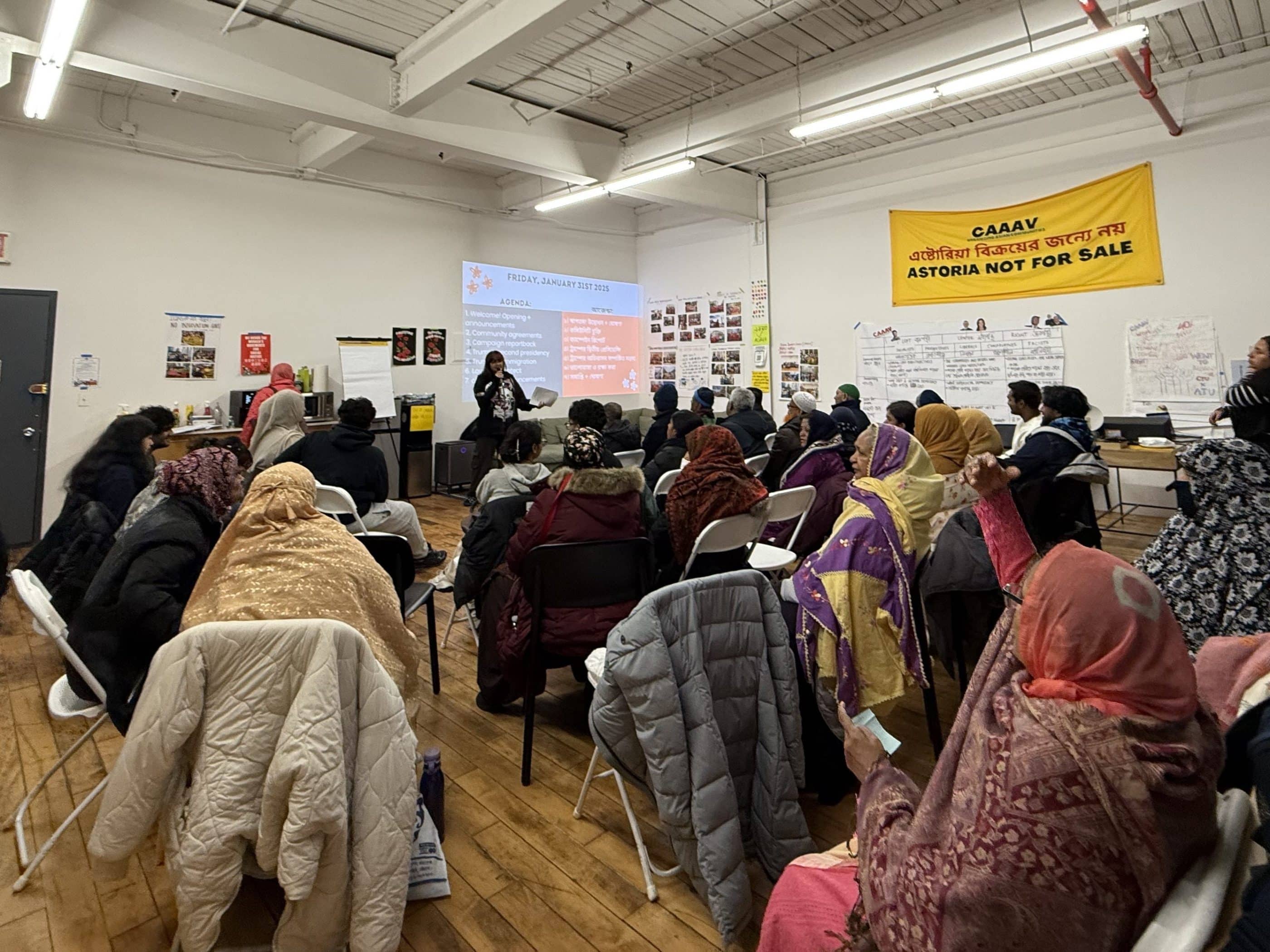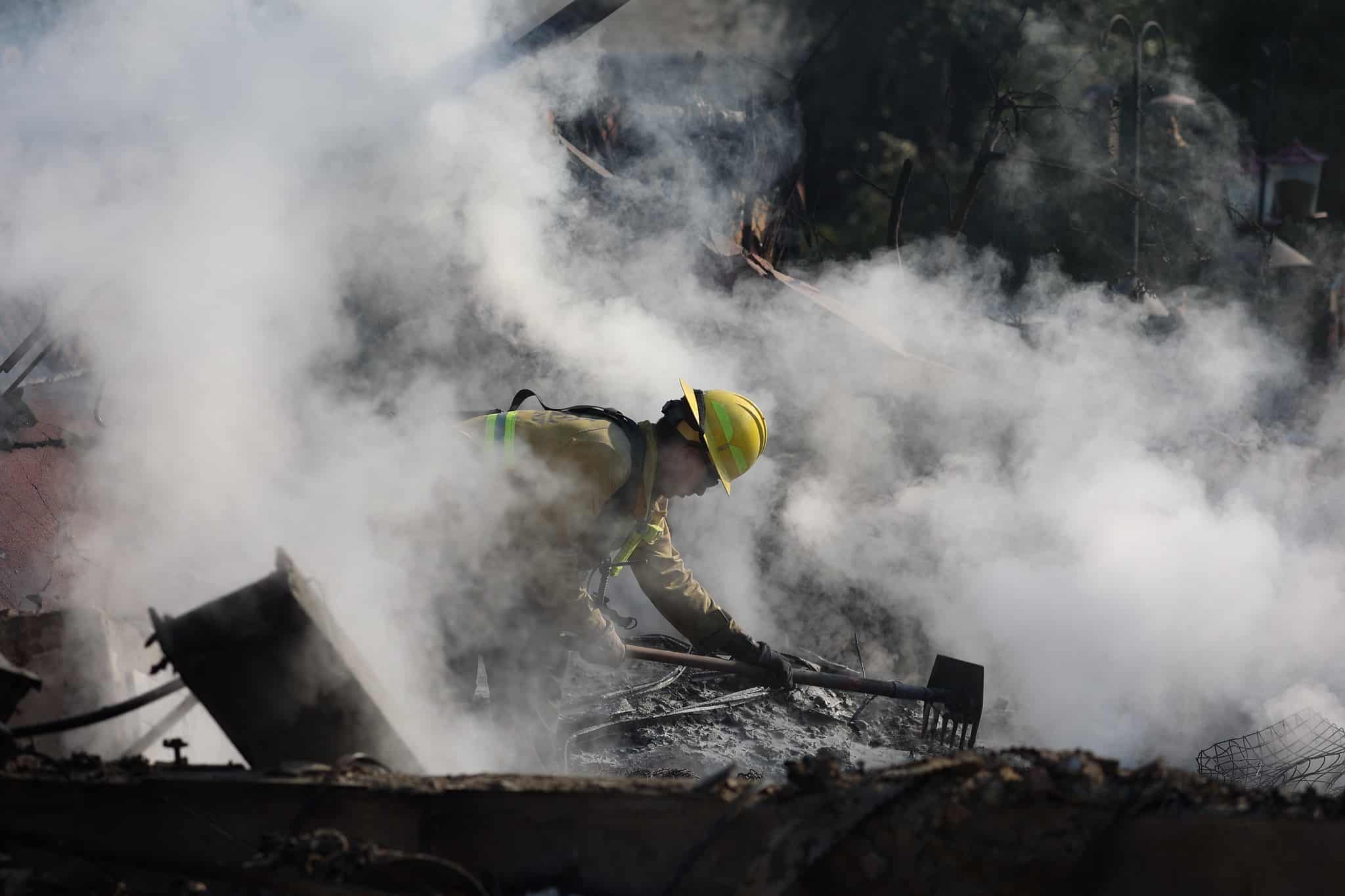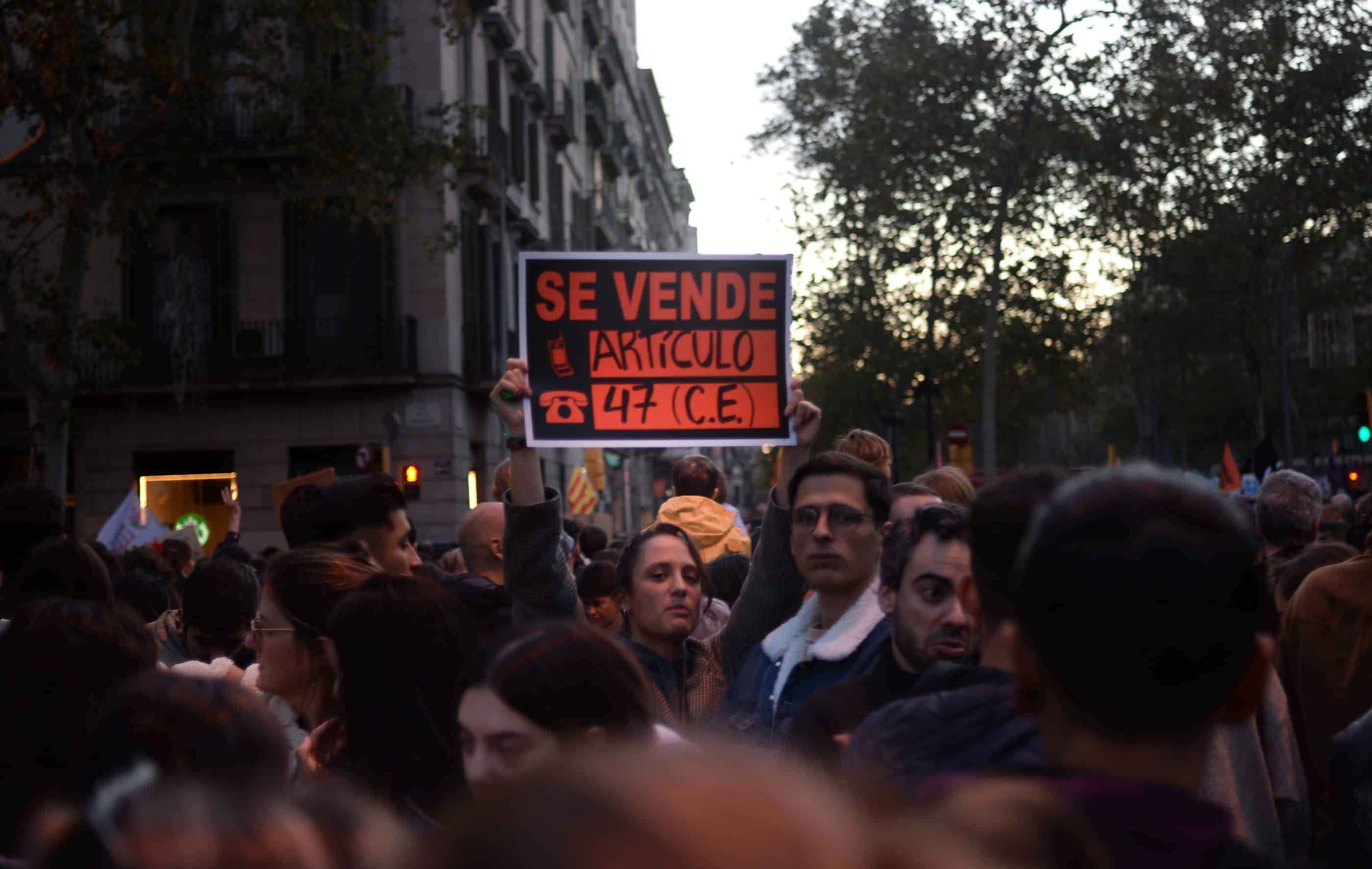Peter Dreier’s most recent Rooflines post cited a story titled “Community Organizing Changed Fishery,” in which John Corrigan, the fishing writer for the Concord (N.H.) Monitor, explained that “anybody who has caught a fish at Sewalls Falls over the last two decades has witnessed the value of community organizing.” Among other things to promote fishing and clean water, the organizers helped remove a major obstacle to the restoration of sea-run Atlantic salmon in the watershed.
Which of course reminded me of the old saying: ‘‘If you give a hungry person a fish, he will eat that night, but if you teach him how to fish, he eats every night.’‘
To that I will add a community-organizing element: What if the water where you fish is polluted? Then what? The hungry person who learned how to fish will need to organize or join a community group, not unlike that one in New Hampshire. And that group will pack the city council, organize self-help campaigns to clean up the water, and lobby government officials. Or, as in this case in New Hampshire, lobby the Fish and Game Commission and the Federal Energy Regulatory Commission.
This kind of collective action can also help the poor improve schools, increase the minimum wage, reduce discrimination, build affordable housing, reduce crime, create unions that can negotiate higher wages, and promote financing for the self-help programs.
Let Margaret Mead — courtesy of John Corrigan — sum it up: “Never doubt that a small group of thoughtful, committed citizens can change the world. Indeed, it is the only thing that ever has.”




Comments